What Charlie Teo’s guilty finding of unsatisfactory professional conduct means for his future
Charlie Teo has received bad news regarding “catastrophic” surgeries he performed — so what does it mean for the doctor’s future?
ANALYSIS
A decision has finally been handed down on controversial neurosurgeon Charlie Teo on allegations of misconduct against two patients he performed catastrophic surgeries on.
He has been found guilty. But what does this mean?
An eight-day disciplinary hearing spanning two months earlier this year heard a raft of damning allegations from the widowers of two women Dr Teo operated on four or five years ago.
Among them were that he cut too far and “into the wrong side” of the brain, slapped one in the face in front of her family and used expletive language as he “pressured” them into having surgeries imminently, with phrases including “you’ll be dead by f***ing Friday”.
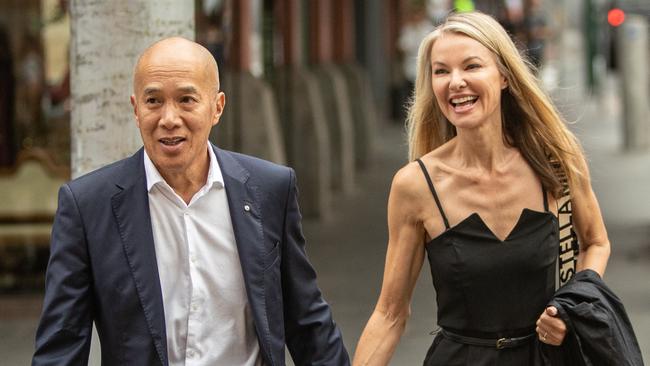
Dr Teo denied swearing but admitted to the slap, saying it was the best way of waking the patient up but wished the family did not witness it.
He admitted he had made mistakes with the patients, but ultimately defended his decision to do the surgeries and strenuously denied any misconduct.
The patients, aged 41 and 61, fell into a vegetative state following their surgeries and later died.
While they were already terminal before Dr Teo’s surgeries, he was accused of not warning them about the risk of death and major complications before they consented to the procedures.
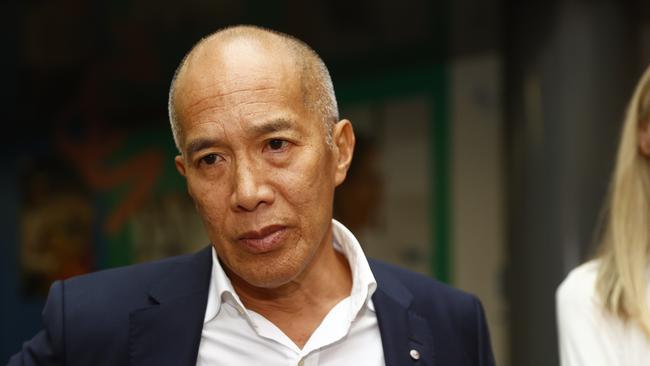
Nearly five months since the hearing began, the NSW Medical Council found those accusations brought by the NSW Health Care Complaints Commission to be true.
It found Dr Teo guilty of unsatisfactory professional conduct and placed restrictions on the divisive surgeon’s registration.
But, Dr Teo was already banned by the NSW Medical Council in August 2021 from operating in Australia without written approval.
So, exactly what damage are the new restrictions likely to cause his career?
Potentially, not too much more than has already occurred.
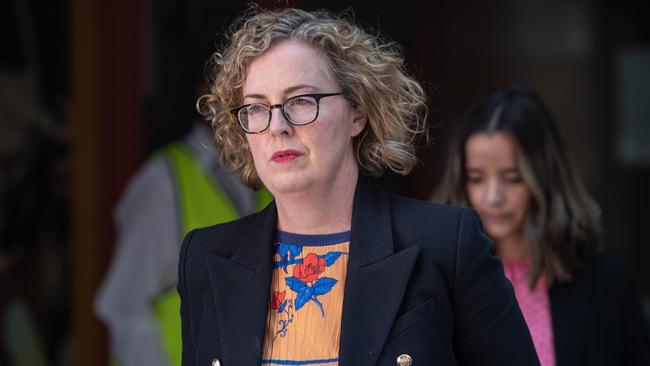
The February inquiry heard not a single neurosurgeon in Australia or New Zealand has written a letter of support for Dr Teo to allow him to operate in recent years.
Speaking to media outside the medical hearing earlier this year, Dr Teo told journalists he had moved most of his work overseas due to struggling to get approval to operate in Australia.
That was due to the NSW Medical Council’s 2021 decision, which followed a separate investigation into alleged unsatisfactory workplace conduct.
He told journalists the result of the fresh inquiry “doesn’t really matter” because of the difficulties he already faced in Australia.
“I can (legally) operate now but no one is letting me operate – my colleagues aren’t letting me operate,” he said.
“Can I be credentialed now? Absolutely. I can because I have a license. I have malpractice insurance. I have all the qualifications needed to practice neurosurgery, but I need a credentialing committee to give me credentials”.
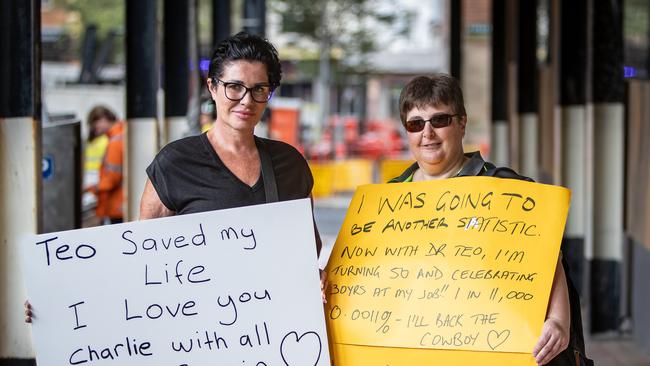
He told journalists that he was doing most of his riskier surgeries in Spain.
But he said even that had even become difficult, due to fellow surgeons calling Spanish hospitals, saying he was a “bad person” and asking them not to let him operate.
As of Wednesday, the medical board has placed even more restrictions on his work.
That’s because they found Dr Teo “did not exercise appropriate judgment in proceeding to surgical resection” in the case of one woman referred to in the recent inquiry as Patient A.
In regards to Patient B, it found Dr Teo “carried out surgery which was different to that proposed to the patient … the surgical strategy led to unwarranted and excessive removal of normal functional brain”.
While the decision outlines clear findings of misconduct, the resulting restrictions don’t appear to go enormously further than those imposed in 2021.
Let’s break down the new measures on his registration:
Dr Teo must advise the medical council in writing at least seven days prior to changing the nature or place of his practice.
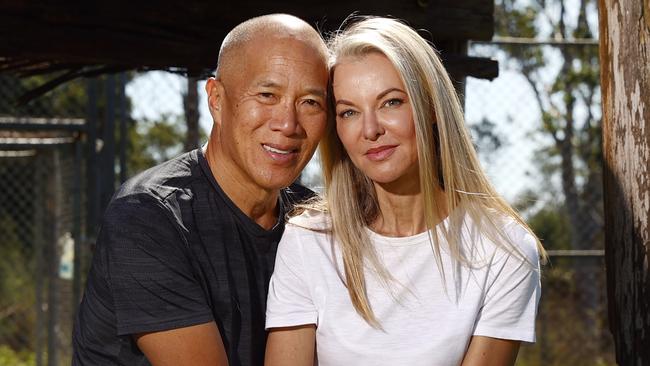
He must obtain a written statement from a council-approved neurosurgeon which supports him performing any “recurrent malignant intracranial tumour and brain stem tumour surgical procedures”.
Those are the complex brain tumour surgeries which Dr Teo built his reputation on performing, due his willingness to push more limits than most other surgeons.
They are the type of surgery that was the subject of complaints in the recent medical inquiry.
The 2021 restrictions already banned Dr Teo from performing surgery in Australia without written approval from an independent neurosurgeon of 20 years’ experience.
These new permission-givers must have no business or financial link to him, but they only need at least 15 years’ experience as a specialist neurosurgeon.
They must also be approved by the council, be a fellow of the Royal Australasian College of Surgeons and hold current specialist registration as a neurosurgeon with the Medical Board of Australia.
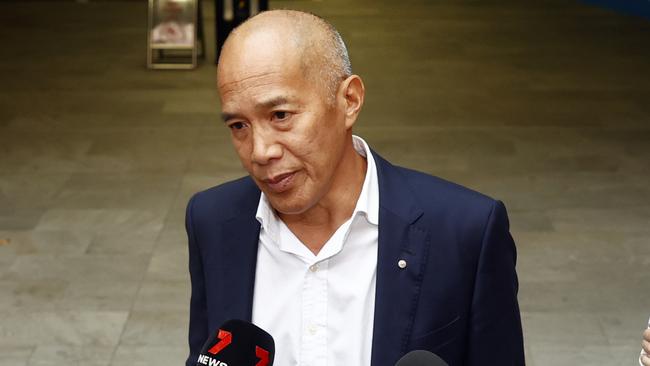
As well as the pre-approval, Dr Teo must keep a log listing all patients for whom he has obtained the written statement to operate on and details about their procedures — including any complications that arise.
Dr Teo must allow random audits by the medical— although, the 2021 restrictions already allowed the authority to do this.
The neurosurgeon has always denied that he did not adequately inform the two patients of the risks of surgery, despite admitting he “went too far” with one procedure.
He claimed to the media the inquiry came about only because his “enemies” had “hoodwinked and coerced” the two grieving widowers into complaining about him.
With Dr Teo already telling journalists he had all but given up surgery in his home country due to struggling to find the support of Australian surgeons, it will be interesting to see how this latest decision impacts his career further — if at all.



